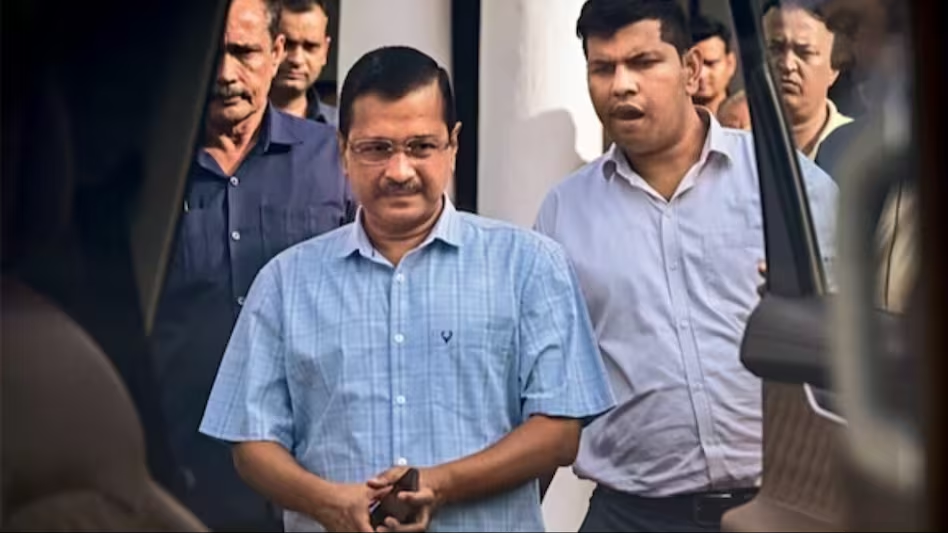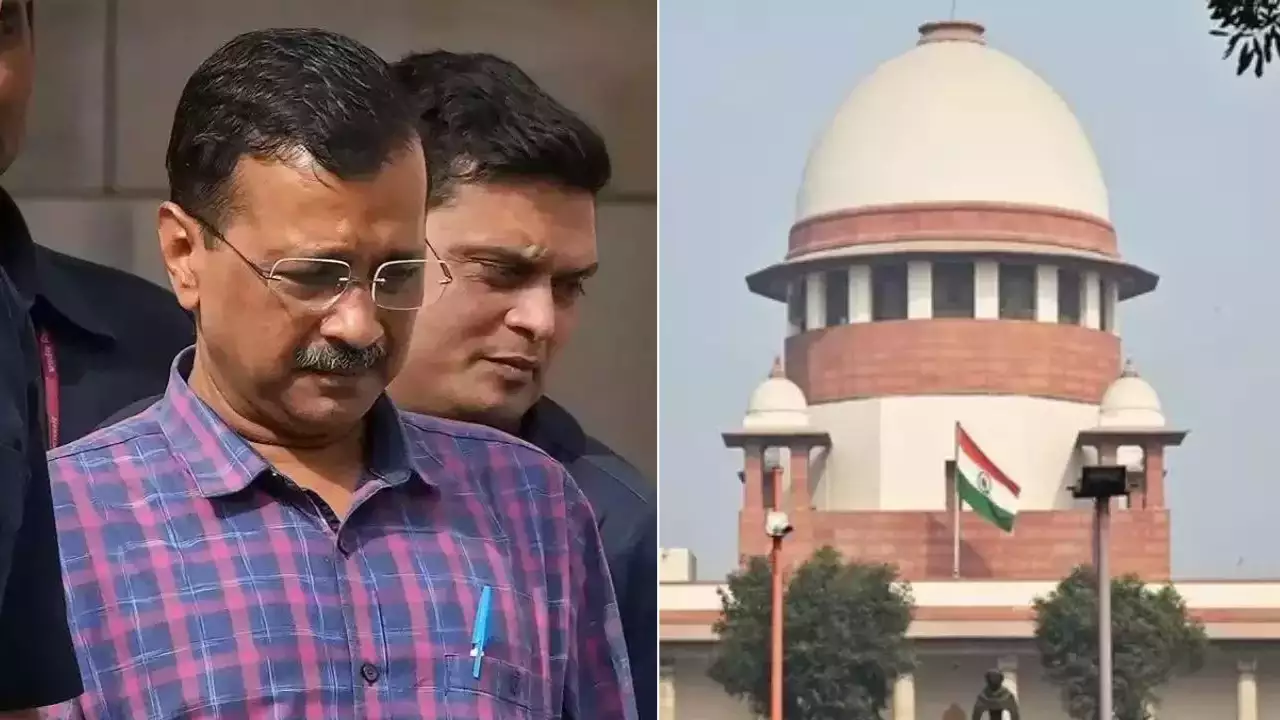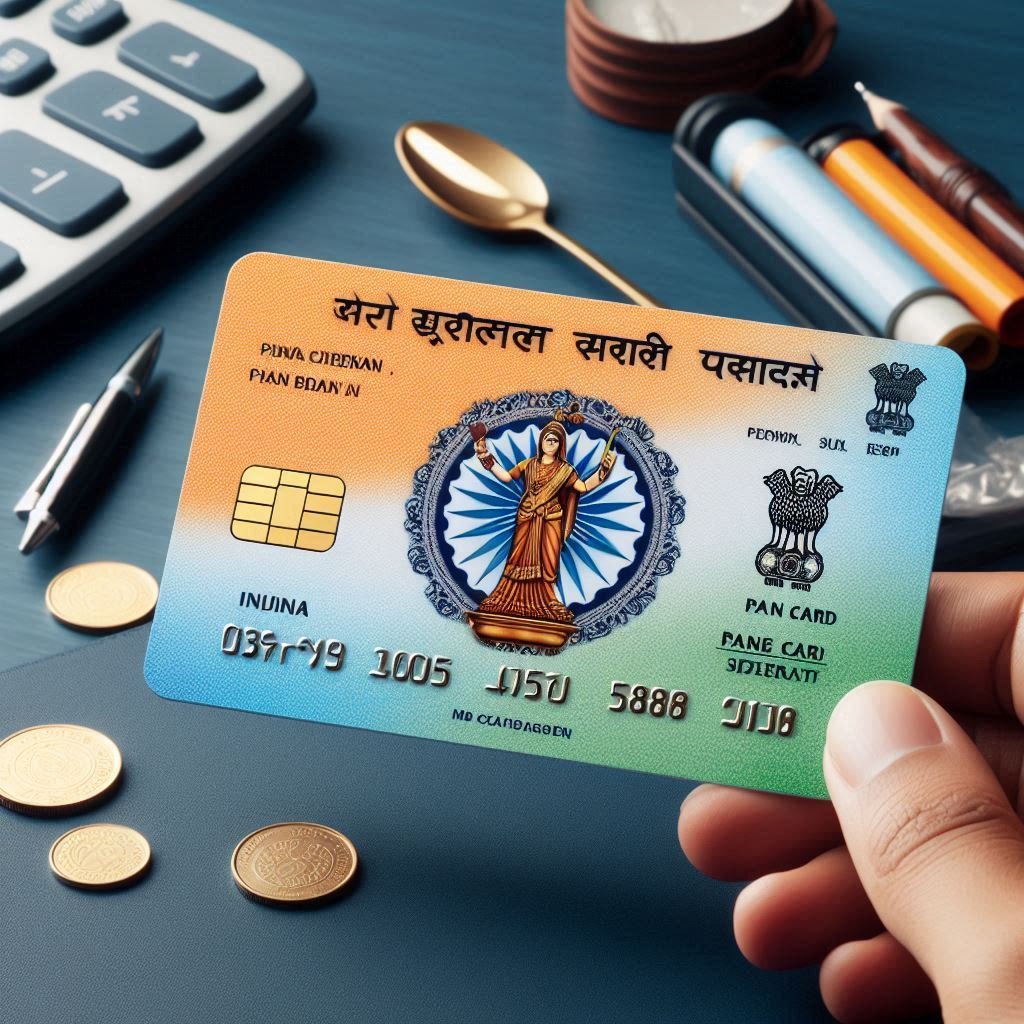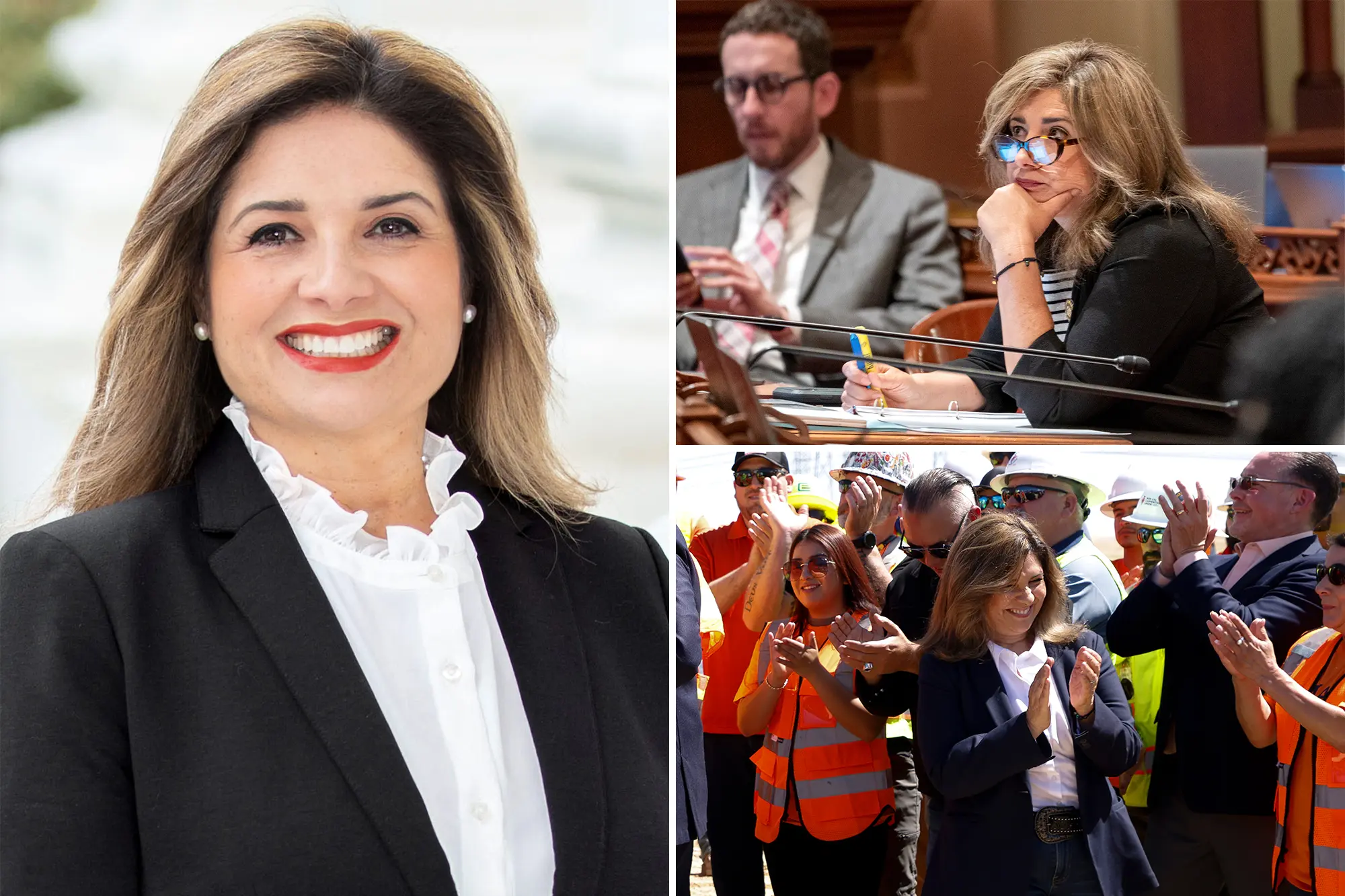Arvind Kejriwal Bail Verdict: Key Developments as Supreme Court Decides His Fate in Delhi Excise Policy Case
Arvind Kejriwal Bail: Supreme Court’s Crucial Verdict in Delhi Excise Policy Case Today
As the Supreme Court prepares to deliver its verdict on Delhi Chief Minister Arvind Kejriwal bail plea in the Delhi excise policy case, here are the ten key points to understand the case’s significance and potential ramifications:
Key Points for Arvind Kejriwal bail

- Challenge to Delhi High Court Decision: Arvind Kejriwal challenged the Delhi High Court’s August 5 decision, which upheld his arrest by the Central Bureau of Investigation (CBI) under the Prevention of Corruption Act.
- Supreme Court’s Role: The Supreme Court, led by a bench of Justices Surya Kant and Ujjal Bhuyan, reserved its verdict on September 5 after hearing arguments from both the prosecution and defence.
- Prosecution’s Arguments: The CBI argued that Kejriwal’s involvement in the alleged excise policy scam was significant, citing evidence of financial irregularities and misuse of power.
- Defence’s Arguments: Kejriwal’s defence team contended that the arrest was politically motivated and lacked substantial evidence. They emphasized his cooperation with the investigation and his commitment to transparency.
- Political Ramifications: The case has significant political implications for the Aam Aadmi Party (AAP) government. A decision against Arvind Kejriwal bail could weaken the party’s position and impact its governance in Delhi.
- Legal Ramifications: A denial of bail could set a precedent for future cases involving high-profile politicians, potentially leading to stricter scrutiny and legal actions against political figures.
- Public Opinion: Public opinion is divided, with some viewing the case as a necessary step towards accountability, while others see it as a politically motivated attack on Kejriwal and the AAP government.
- Expert Opinions: Legal experts are split on the likelihood of bail being granted. Some believe the Supreme Court may grant bail considering Kejriwal’s cooperation, while others argue that the severity of the charges warrants continued detention.
- Context of the Case: The Delhi excise policy case revolves around alleged irregularities in the formulation and implementation of the excise policy, leading to significant revenue losses for the state.
- Significance for AAP Government: The outcome of this case is crucial for the AAP government, as it could either bolster their claims of political victimization or highlight governance issues within the party.

Arvind Kejriwal bail
As the Supreme Court prepares to deliver its verdict, the nation watches closely, anticipating the potential impact on Delhi’s political landscape and the broader implications for political accountability in India.
More Articles
Kolkata Doctor Case: Rising Tensions Between Junior Doctors and Mamata Banerjee Government
Sams Pitroda Revives ‘Pappu’ Tag: Rahul Gandhi’s Journey from Mockery to Leadership
PM Modi Singapore Visit: A Game-Changer for India’s Semiconductor Ambitions
Iran Nuclear Diplomacy: Supreme Leader Signals Openness to U.S. Talks, Ushering in a New Era
CJI DY Chandrachud Targeted: Supreme Court Files Cyber Crime Complaint Against Impersonator
Ritabhari Chakraborty Speaks Out: A Courageous Stand Against Early Career Harassment
Victoria Monét Unveils Sensual New Single ‘SOS’ with Usher Collaboration
Ben Affleck and Jennifer Lopez Divorce: The End of a High-Profile Romance
Disney Reveals Captivating Teaser for Live-Action “Snow White” Starring Rachel Zegler and Gal Gadot
Hardik Pandya Divorce: Cricketer and Natasa Stankovic Announce Split After Four Years of Marriage
Tragic Loss: Travel Influencer Aanvi Kamdar Falls to Her Death in Gorge Accident
Supreme Court Upholds Maintenance Rights for Divorced Muslim Women Under Section 125 CrPC
Sena Leader’s Drunk Son Allegedly Driving BMW in Fatal Mumbai Accident: Sources
Discover more from
Subscribe to get the latest posts sent to your email.











1 COMMENTS